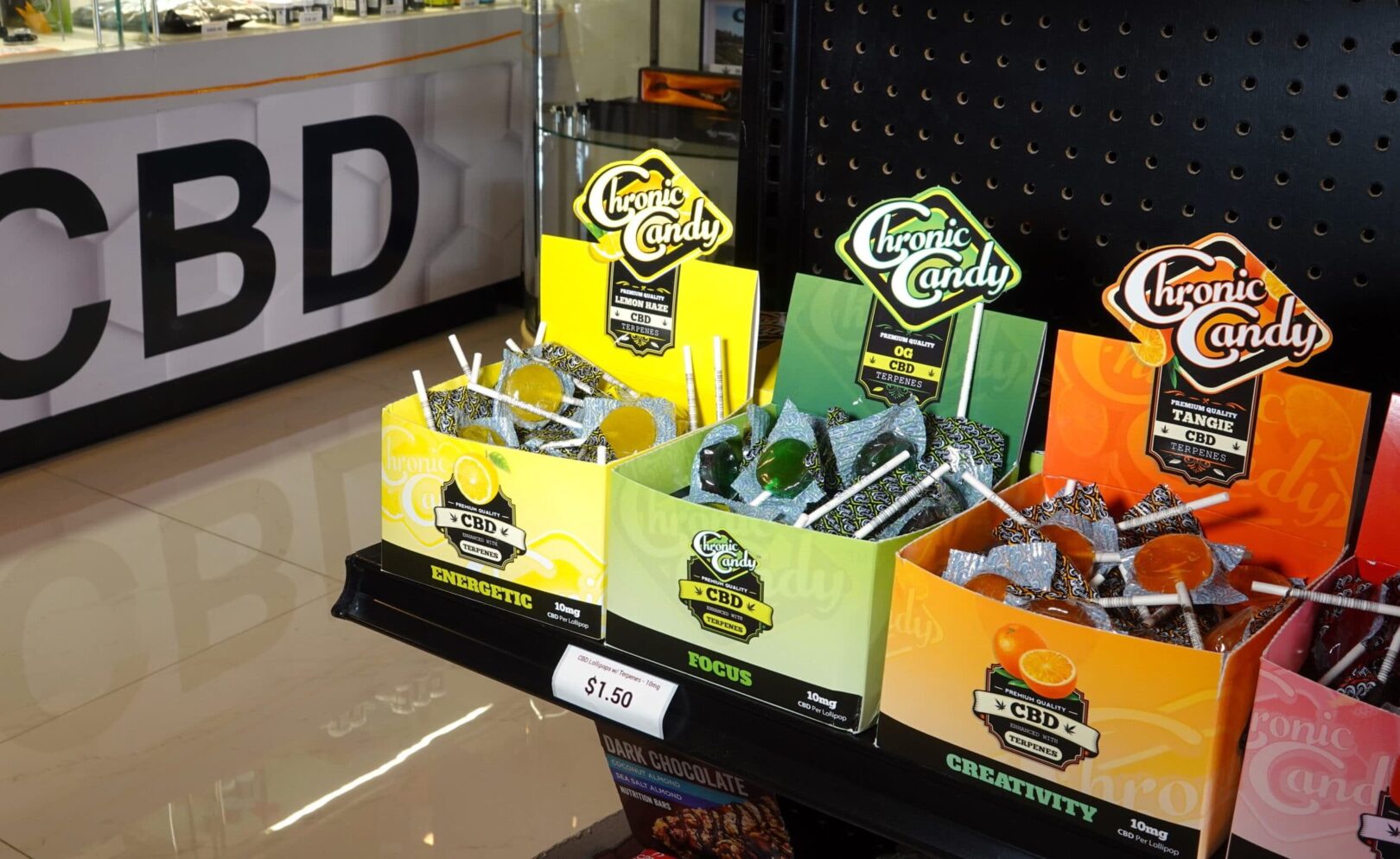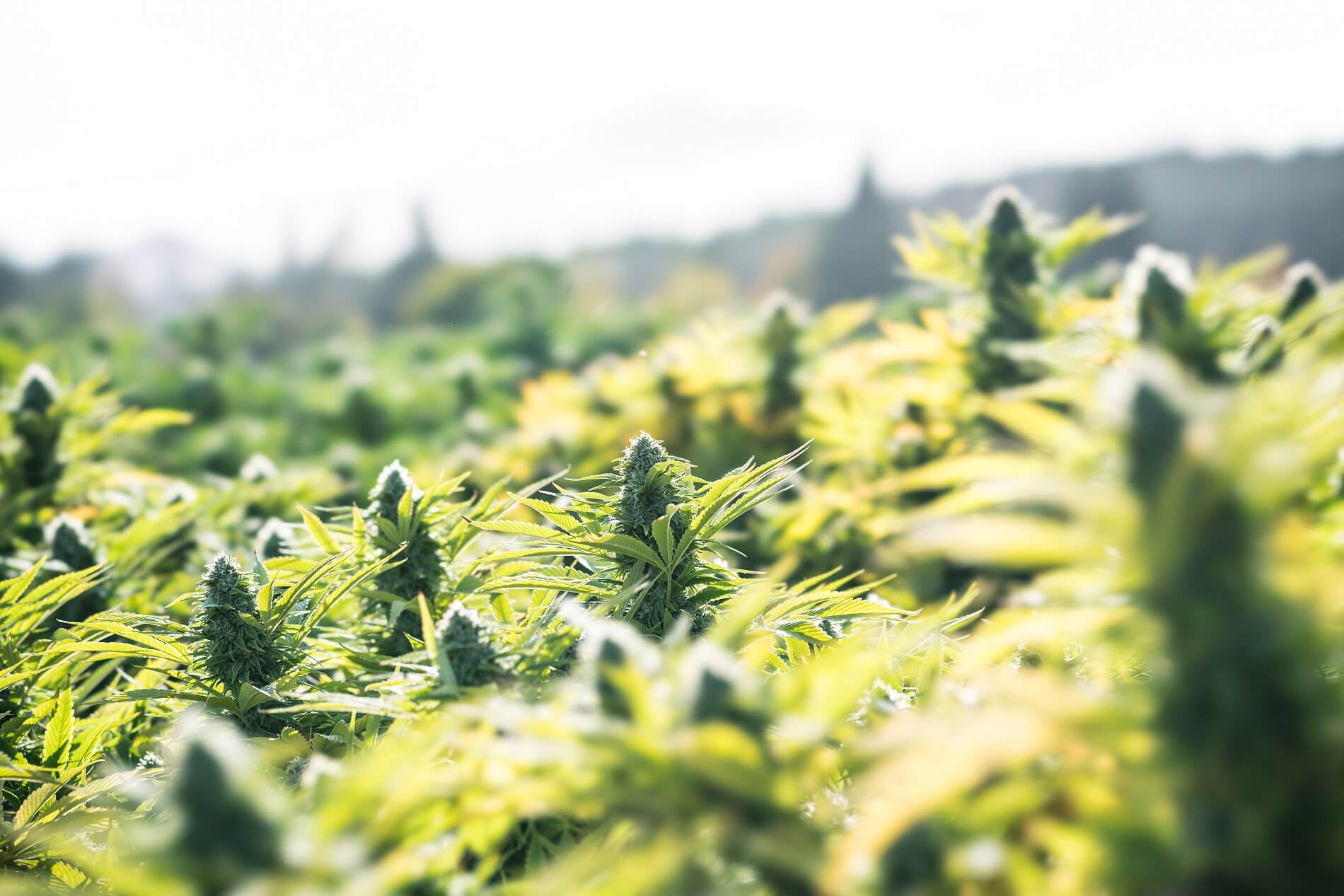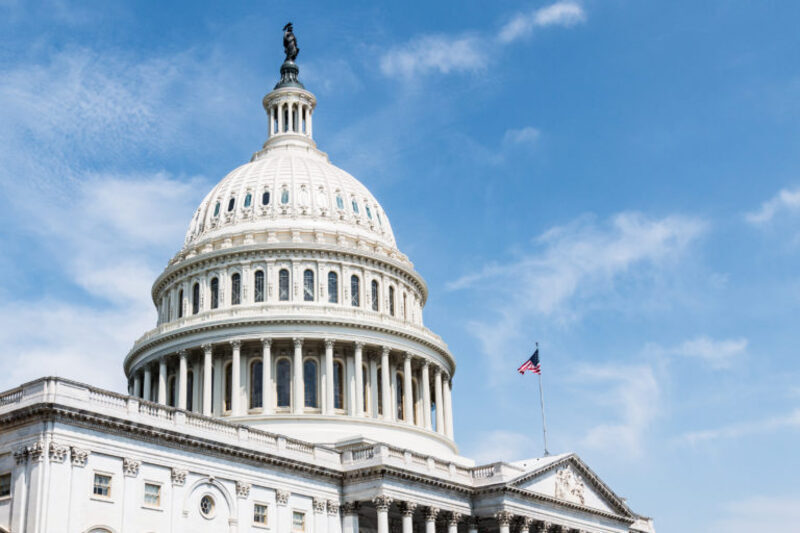-
- Market Research
- |
- CBD Near Me
- |
- Giveaways
- |
- Newsletter
- |
- Contact
- |
- Advertise
- |

According to a report released by the U.S. Hemp Roundtable on Friday (Mar 11), Hawaii and Kansas have proposed new (and starkly contrasting) hemp bills while four Michigan hemp bills make their way out of committee and onto the House floor.
Hawaii
Hawaii’s SB 2865 is aimed at eco-friendly hemp agriculture practices, offering $40 million in bonds for technology that creates food-grade liquid carbon dioxide out of harvested carbon dioxide gas.
Liquid carbon dioxide is well-applied throughout several stages of hemp agriculture, including soil remediation and other farming processes.
The bill is a definitive step towards sustainable agriculture for the hemp industry, and is expected to perform well.
To ensure it does, the U.S. Hemp Roundtable is inviting all readers to support this pro-hemp bill and others like it at their State Action Center.
Kansas
While Hawaii seeks to invest in sustainable hemp agriculture, Kansas is taking the opposite approach, looking to completely illegalize the “manufacture, distribution, or sale of any final hemp product that is intended for food, seed, seed meal, or seed oil and contains any THC,” according to the U.S. Hemp Roundtable.
In other words, even broad-spectrum products are likely to be challenged, and no ingestible product category (CBD/hemp oils, gummies, etc.) will be exempt.
Michigan
In Michigan, HB 5058, HB 5059, HB 5060, and HB 5061 seek to prop up hemp legislation and protect both consumers and producers in the industry in several ways.
HB 5058 undoes the automatic classification of hemp-containing foods as “adulterated.”
HB 5059 qualifies hemp growers to sell finished hemp products without the requirement that they be licensed as a processor.
HB 5060 amends laws that previously allowed parties who were harmed by hemp products made in violation of state law to have unlimited damages and liability covered automatically, allowing more recourse for growers while still preserving the rights of consumers.
Finally, HB 5061 actively identifies hemp ingestibles as well as topicals as legally compliant products, aiming to remove the uncertainty affecting hemp businesses who are often subject to inconsistent enforcement.
As always, we will continue to report on these and other hemp legislation developments as they unfold.







